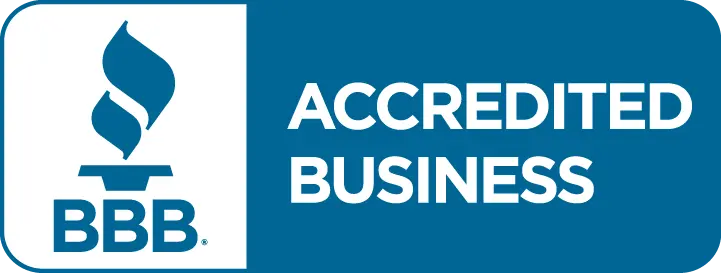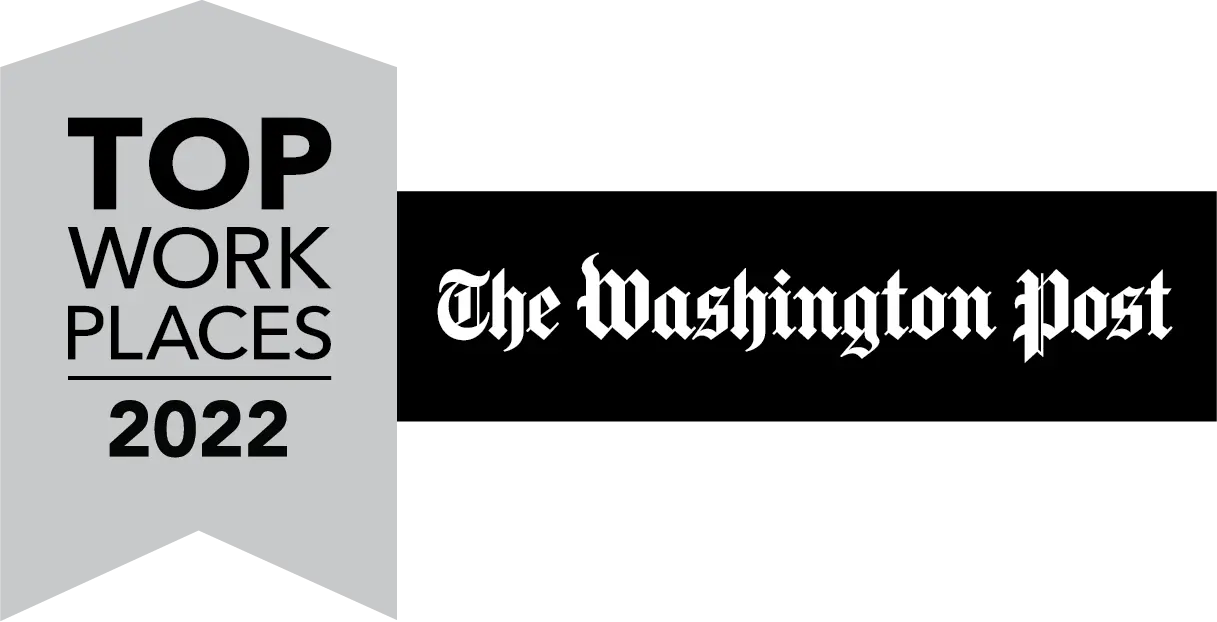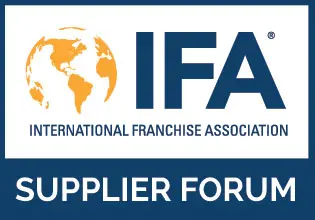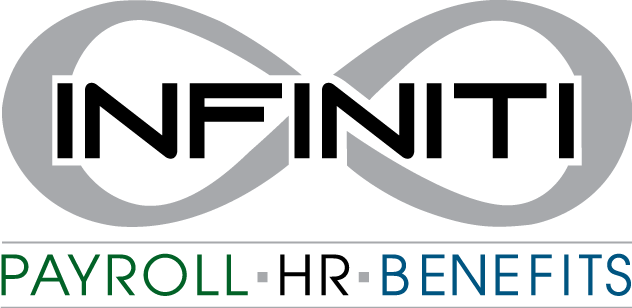Blog
Our blog offers important resources, helpful articles, and practical ideas on the human resources topics that matter to you.
Our blog offers important resources, helpful articles, and practical ideas on the human resources topics that matter to you.
Home / Media / Blog / Medical Marijuana in the Workplace
As of today, 30 states and the District of Columbia have passed some level of medical marijuana legislation, essentially allowing the regulated use of a narcotic that remains illegal under federal law. And most of these states offer no employment protections for use of the drug they’ve legalized.
This means medical marijuana simultaneously is and isn’t legal. And depending on the state, its regulated use simultaneously is and isn’t protected in the workplace.
Federally, marijuana is a Schedule One drug under the Controlled Substance Act. This classification is reserved for drugs with a high potential for abuse and no accepted medical purpose.
However (as of July 2017), 23 states had legalized marijuana for medical use. It’s a startling disconnect between federal and state legislation. With a states’ rights President and a federalist Attorney General on opposing sides of the subject, an executive or federal solution seems unlikely.
Marijuana can be an effective treatment for such conditions as: glaucoma, PTSD, Crohn’s Disease, epilepsy, and the chronic pain associated with cancer and its treatment.
State laws authorizing the use of medical marijuana protect authorized users from criminal prosecution. To date, however, protections in the workplace are basically nonexistent. Out of the 23 states that have legalized medical marijuana, only three have laws that explicitly protect employees who fail drug tests as a result. And this lack of protection can come as a complete surprise to those authorized users.
Even among the few states that protect employees testing positive for medical marijuana, there’s not a state or federal court to date that has required an employer to accommodate medical marijuana use, possession, or impairment in the workplace.
No… and yes! Even the FMLA and ADA, the federal workhorses of employee medical protections, do not protect medical marijuana use, possession, or impairment in the workplace. In almost every legal case to date, use while working remains a valid reason for termination. However, in states where medical marijuana use has been legalized, if a condition requires an employee to take time off from work to use medical marijuana, that time off would in fact be covered by FMLA. The answer to ADA coverage is “not likely”, but is more complicated due to some individual state ADA statutes.
An employer’s drug free workplace policies may still allow drug testing or require a fitness for duty examination upon returning to work from related FMLA leave. This would, however, come with a risk of the employee claiming a resulting termination was due to retaliation for using FMLA or for the mere existence of their disability. Hence, your policies should be reviewed for legalities, both federal and state.
Employers hiring for safety-sensitive tasks, such as operating machinery, and The Department of Transportation’s oversight of commercial drivers require drug tests for new employees, as do all government contractors.
Drug tests continue to be legal, and can be required of approved users of medical marijuana, provided the employer’s policy has met certain conditions, including:
Drug tests for marijuana can reveal use from days or even weeks in the past. Unlike alcohol, for example, there is currently not a scientifically valid test to confirm recent use or level of impairment for marijuana. It is therefore possible for an employee who uses medical marijuana to fail a drug test, without having violated a drug free workplace policy that prohibits use, possession, and/or impairment at work.
What is certain – for now – is that employers in all states may tell employees, via a Drug-Free Workplace policy, that they cannot use medical marijuana at work, bring it to work, or be impaired at work.
Outside of these enforceable parameters, some companies voluntarily accommodate their employees’ legal medical marijuana needs, while others – in select states – are required to accommodate employees qualifying through FMLA. Medical marijuana use can be accommodated through:
It’s important to note, however, that any voluntary accommodations will set precedents that should be considered against future medical accommodation requests.
Consensus is that a well-written Drug Free Workplace policy remains enforceable.
This means medical marijuana is likely to remain a headache for employers for some time to come.
Join the INFINITI HR family! Subscribe to our newsletter and get the latest HR news and tips.
INFINITI HR helps companies reduce costs by managing human resource functions while allowing businesses to focus on their core operations that impact profitability. Our platform provides full regulatory compliance management, on-demand HR guidance, real-time payroll /tax filing, POS integration and access into industry leading True-Group master policies for workers’ compensation, employment practices liability insurance, and other operational business coverages.
Toll free: 866-552-6360






